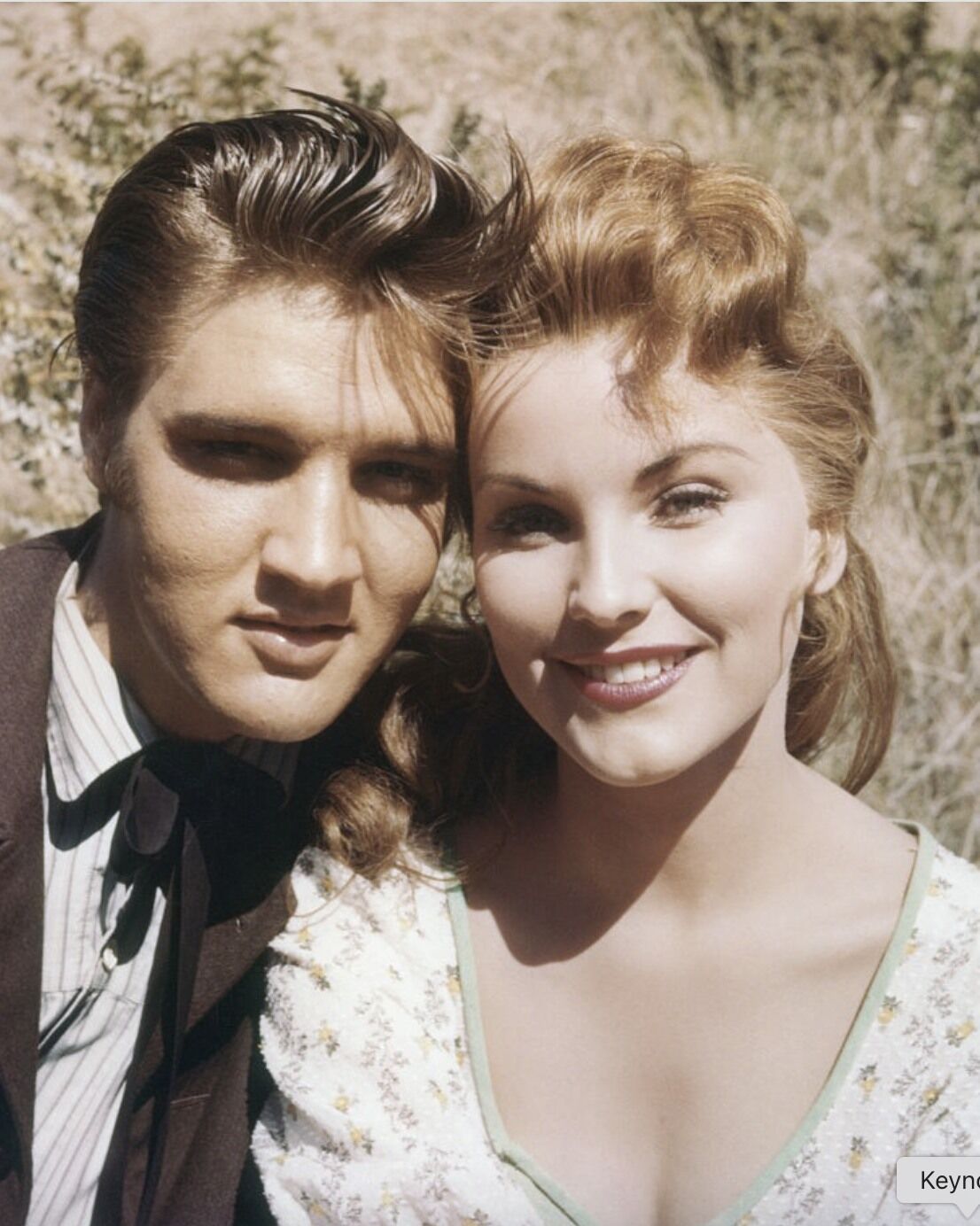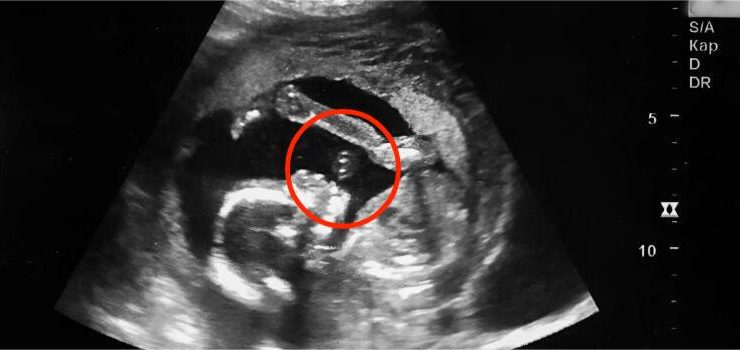If you haven’t yet watched Elvis Presley’s first film Love Me Tender, now’s the perfect time—and yes, you can stream the entire thing for free on YouTube. Whether you’re seeing it for the first time or reliving it as a lifelong Elvis fan, this movie captures a magical moment in pop culture history: the beginning of Elvis’s Hollywood journey.

We all know Elvis as the King of Rock ’n’ Roll, but in Love Me Tender, you get to witness something more than just his musical genius. You see his acting chops, his natural charisma, and a young man genuinely trying to break into the world of cinema. Released in 1956, Love Me Tender is set during the aftermath of the Civil War and blends romance, sibling rivalry, and Western drama. Originally titled The Reno Brothers, the film’s name was changed to capitalize on the success of the song “Love Me Tender,” which became a chart-topping hit even before the movie’s release. Elvis played Clint Reno—the youngest of four brothers—marking the only time he portrayed a real historical figure, loosely based on a member of the infamous Reno Gang, early American train robbers.
The movie’s premiere was nothing short of a cultural moment. More than 1,500 fans camped out overnight at the Paramount Theater in New York under a massive 40-foot Elvis cutout. Inside, the crowd’s screams during Elvis’s scenes were so loud that you could barely hear his lines. It wasn’t just a movie opening—it was an Elvis event. Long before stepping in front of the camera, Elvis had been a cinema usher, dreaming of following in the footsteps of legends like James Dean and Marlon Brando.
He didn’t just want to be a singer who acted—he aspired to be a serious actor. Unfortunately, his manager Colonel Tom Parker had different ideas, believing every film should double as a vehicle to promote Elvis’s music. Still, Elvis took his role seriously. Though he was only billed third after Richard Egan and Debra Paget, he memorized not only his lines but the entire script. Producer David Weisbart later noted how humble and focused Elvis was, committed to becoming more than just a musical icon. At first, Elvis wasn’t supposed to sing in the movie at all. That changed quickly.
Within minutes of his first appearance, he’s already singing—and the benefit concert scene feels more like 1956 than 1865, complete with screaming teenage girls in bonnets. The filmmakers adapted quickly, adding more scenes and songs to showcase Elvis’s magnetism. Fun fact: the role of Clint Reno was initially turned down by both Jeffrey Hunter and Robert Wagner. Once Elvis got the part, the role was expanded just for him. The title song “Love Me Tender” itself wasn’t originally written for Elvis. It was adapted from the Civil War-era tune “Aura Lee,” with new lyrics by Ken Darby (credited to his wife, Vera Matson). When Elvis debuted the song on The Ed Sullivan Show, demand skyrocketed—over a million pre-orders rolled in, earning the single gold status before it even hit shelves. It remained at number one for five weeks and became a staple in Elvis’s concerts for years.
Actress Debra Paget, who played Cathy, had her doubts about working with Elvis at first, based on negative press. But she quickly changed her mind after meeting him. He was respectful, sweet, and even charmed her mother. Their bond was instant—like two shy people connecting in a whirlwind. Elvis was reportedly so taken with her that he proposed, but Paget declined due to her parents’ disapproval and her growing interest in billionaire Howard Hughes. Interestingly, many believe Priscilla Presley later styled her hair to mimic Debra’s look in the film—a subtle nod to the woman Elvis once adored.
One little-known twist in the film’s history is that Clint Reno was supposed to die at the end, which devastated Elvis’s mother, Gladys. She was so upset by his character’s death that the studio added a new final scene: a silhouette of Elvis singing “Love Me Tender” over the credits. However, by that time, Elvis had dyed his hair black—resulting in a funny continuity error since earlier scenes showed his natural light brown hair. And speaking of goofs, eagle-eyed viewers have spotted several historical mistakes in the film. One character uses a zipper—something that didn’t exist during the Civil War.
A 1950s car appears in the background. During a song, Elvis’s guitar plays on even after he stops strumming. And a disappearing and reappearing gun adds to the list of amusing bloopers. Despite these flaws, the film remains beloved. Love Me Tender may not be Elvis’s most critically acclaimed film, but it was his first—and it showed us a young, ambitious star trying to make his mark. From the screaming fans to the musical mix-ups to the bittersweet charm of his performance, it’s a movie that captures a defining moment in entertainment history. So if you’ve never seen it, go ahead and press play. And while you’re at it, share the experience with another Elvis fan—because sometimes, the best stories come wrapped in song, romance, and a few lovable mistakes from the past.





